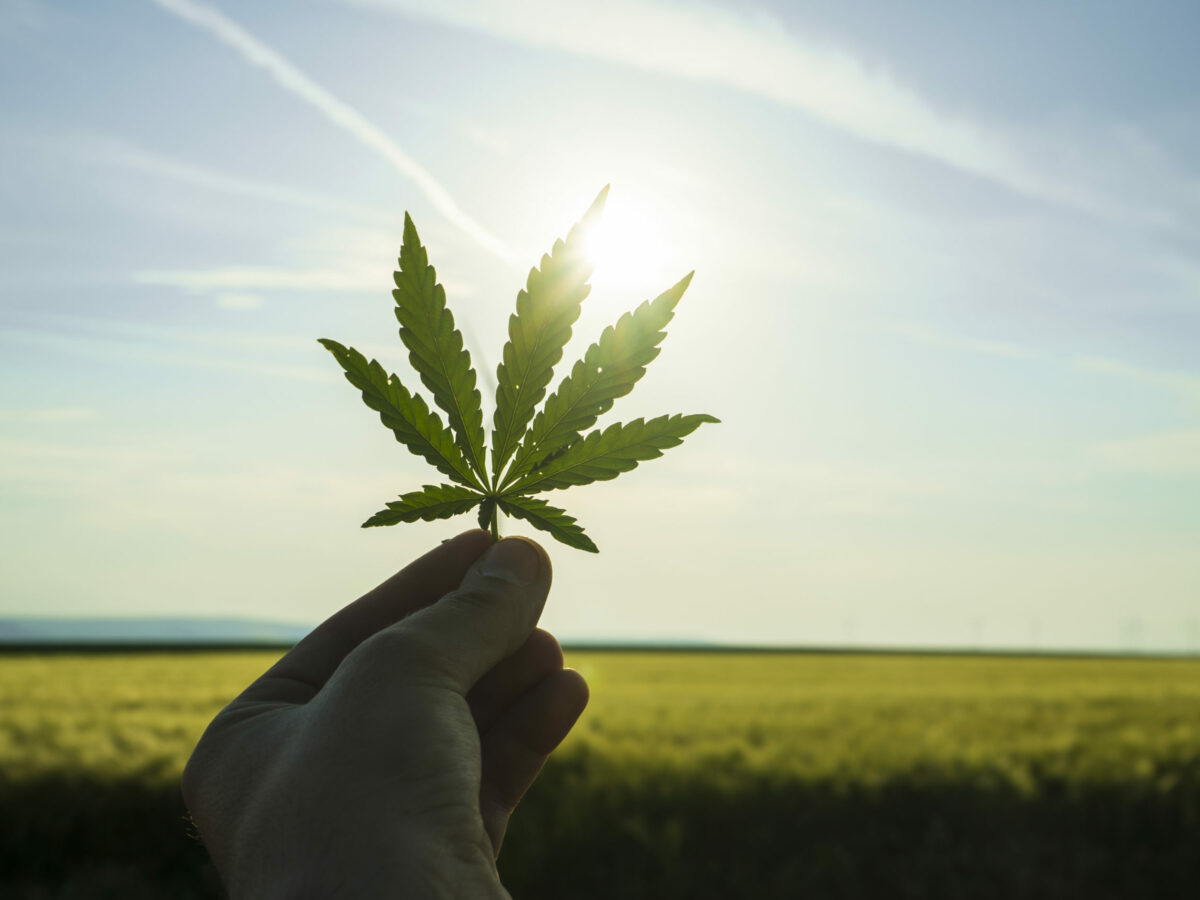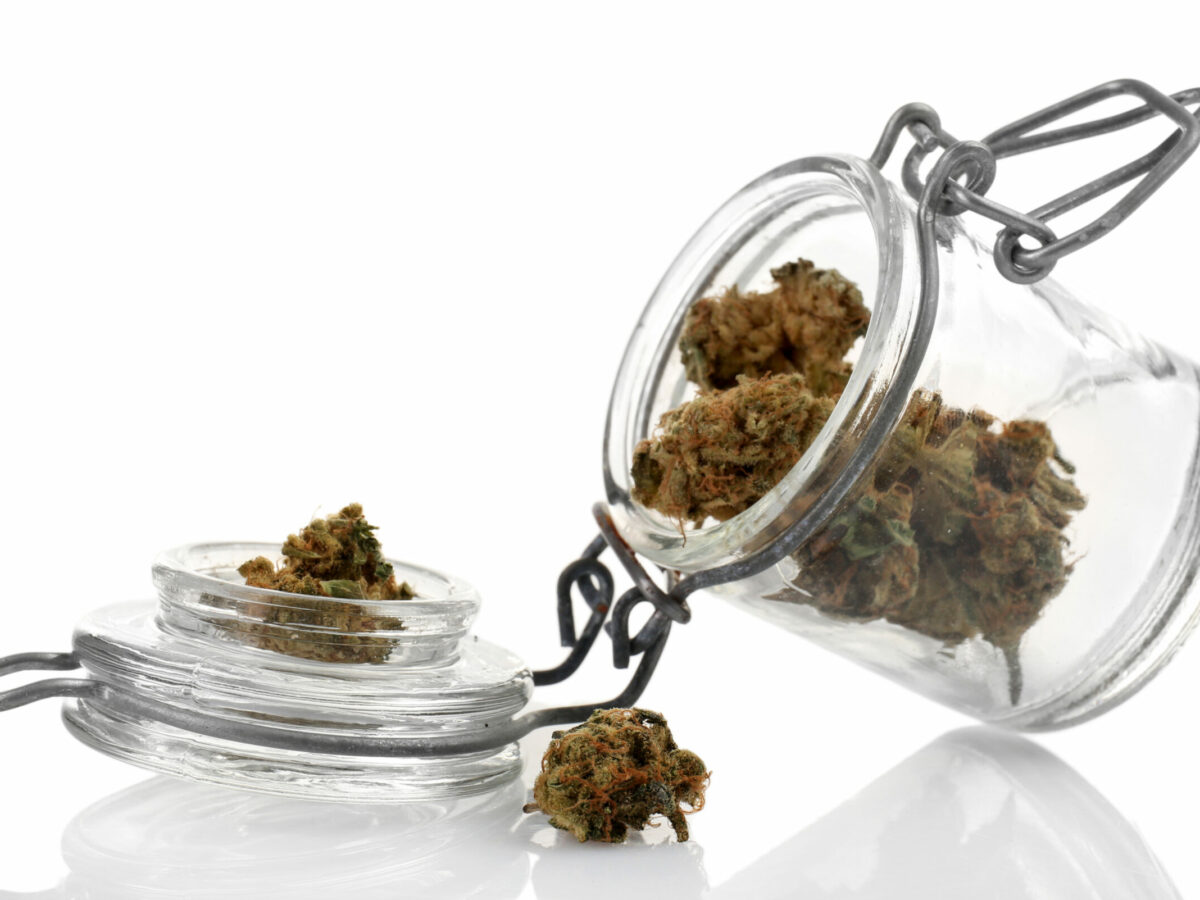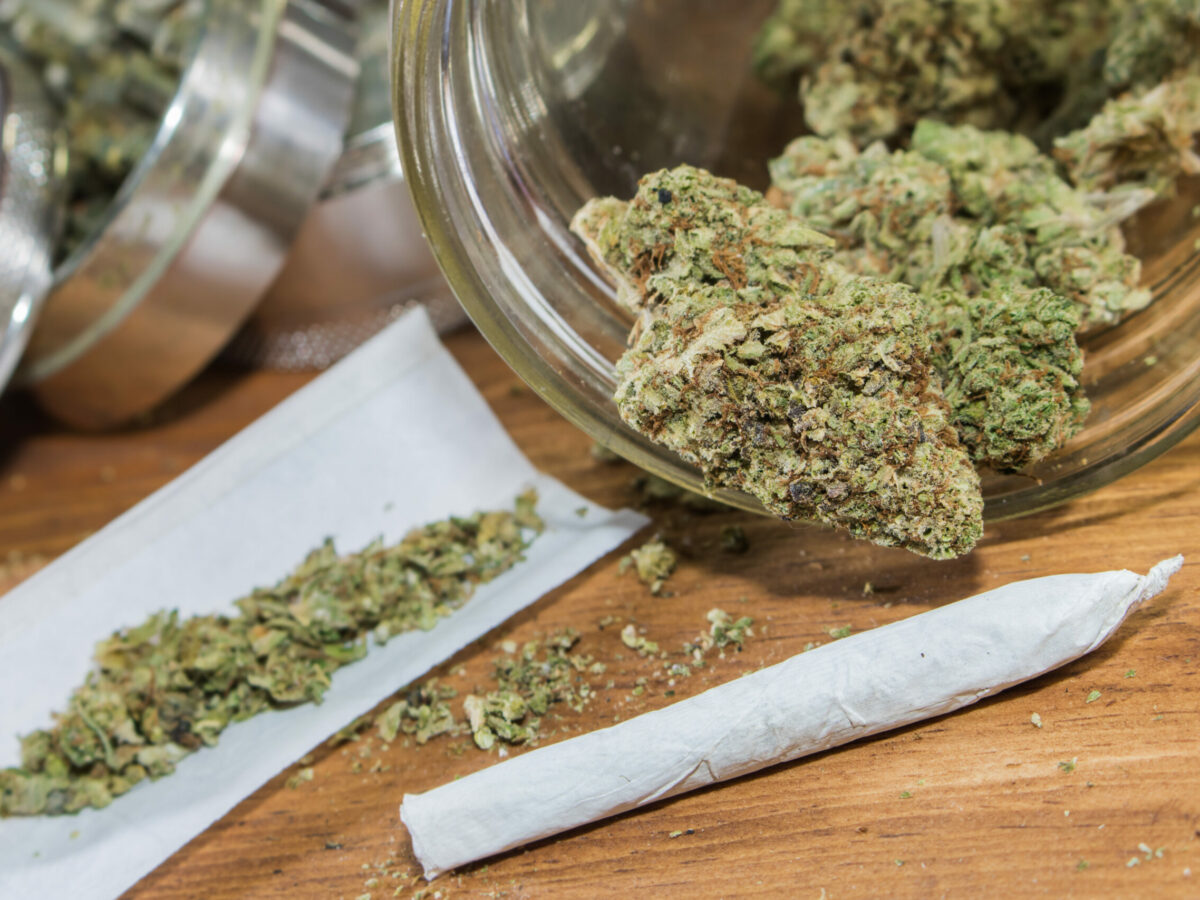D.C. Council Chairman Phil Mendelson suffered a stinging loss early last week when the council narrowly rejected his emergency bill to crack down on unregulated cannabis businesses.
The “no” vote put a serious damper on Mendelson’s crusade to shut down D.C.’s gray market for weed, where storefronts and delivery services “gift” cannabis with the purchase of other items. It was his second setback on the matter: Back in November, the council veteran of 23 years withdrew a similar bill after facing a public backlash against the proposal, which critics said would unfairly hurt Black business owners and employees.
But Mendelson seemed undeterred on Friday, making an appearance on WAMU’s The Politics Hour, a talk show hosted by local radio legend Kojo Nnamdi, to once again plead his case for more enforcement against weed “gifters.”
He said Initiative 71, the 2014 ballot initiative that authorized the use, possession, and gifting of small amounts of cannabis in the District, didn’t legalize retail weed. “When folks today talk about I-71 compliant businesses, there’s no such thing,” he told Namdi and Tom Sherwood, a fixture of D.C.’s journalism scene and political analyst on the show.
The legality of cannabis gifting as a business practice in D.C. is one that even legal experts can’t seem to agree on. Unlicensed weed storefronts argue the “gifting” clause of I-71 means their activities are above board, but that hasn’t stopped D.C. police from routinely raiding their shops.
Vamping on a familiar talking point, Mendelson went on to say weed gifting businesses are “threatening the survival” of D.C.’s legal market for medical cannabis. He added that medical weed operators have seen their customer base slashed in half by the rise of the gifting economy, which he estimated is today worth up to $600 million. He didn’t offer any clues on how that number was calculated.
Advocacy groups like the I-71 Committee and Generational Equity Movement have pushed back on Mendelson’s efforts to ramp up enforcement –– whether in the form of fines or criminal charges –– against the gifting economy. They say D.C.’s unlicensed weed businesses are mostly owned by Black D.C. residents who have historically borne the brunt of the War on Drugs.
Mendelson seemed intent on dispelling that notion on Friday, painting an entirely different picture of the people behind D.C.’s gifting businesses, which he said are – for the most part – neither Black-owned or local.
Mendelson said he obtained data on 40 weed gifting operations from D.C.’s Alcoholic Beverage Regulation Administration (ABRA) showing that half were owned by people from outside the District, 10 were owned by D.C. entrepreneurs, and the remaining 10 didn’t even have a basic business license.
“Large multi-state operators are the ones who are bringing cannabis illegally into the District and are financially behind these pop-ups,” he said.
Tom Sherwood interrupted Mendelson to ask why he hadn’t documented those findings more extensively before introducing an emergency bill to crack down on gifters.
“Why not take just a bit more time and document some of that?” Sherwood asked.
Mendelson retorted that the council members who voted against his bill were misguided in feeling “sympathetic” for cannabis gifters.
“Nobody wants to hurt anybody but the reality is that the illegal operators have characterized themselves as 100% local Black-owned, and to the extent that we have data, that’s just not true.”
Sherwood also asked Mendelson why ABRA officials couldn’t simply fine weed gifters for not having a business license rather than punishing them with exorbitant fees and shutting them down for selling cannabis.
Mendelson replied that ABRA fines would be too low to be effective against gifters. “Remember this is a $500 million market, and a $250 fine is not going to deter them,” he said.


